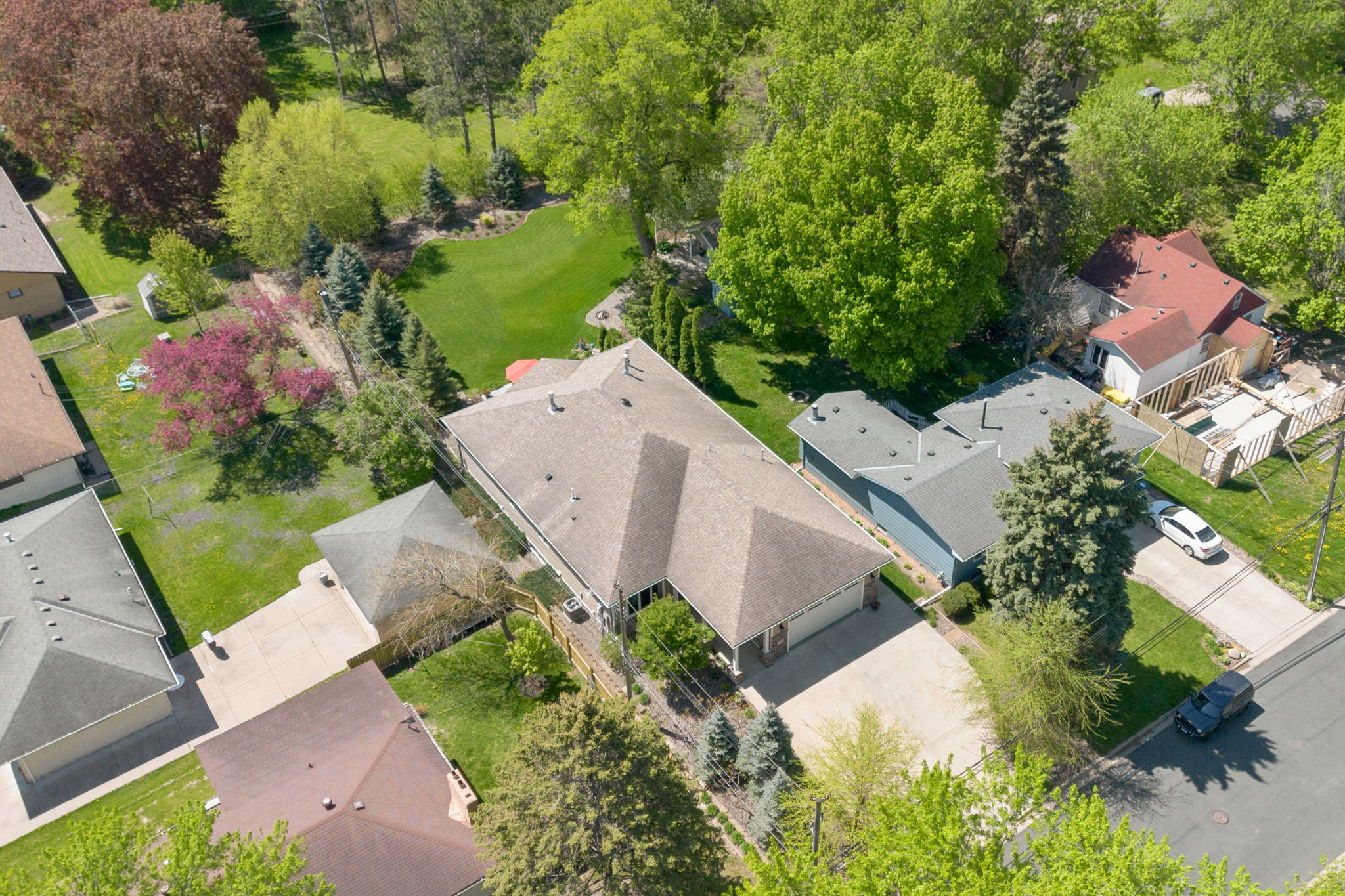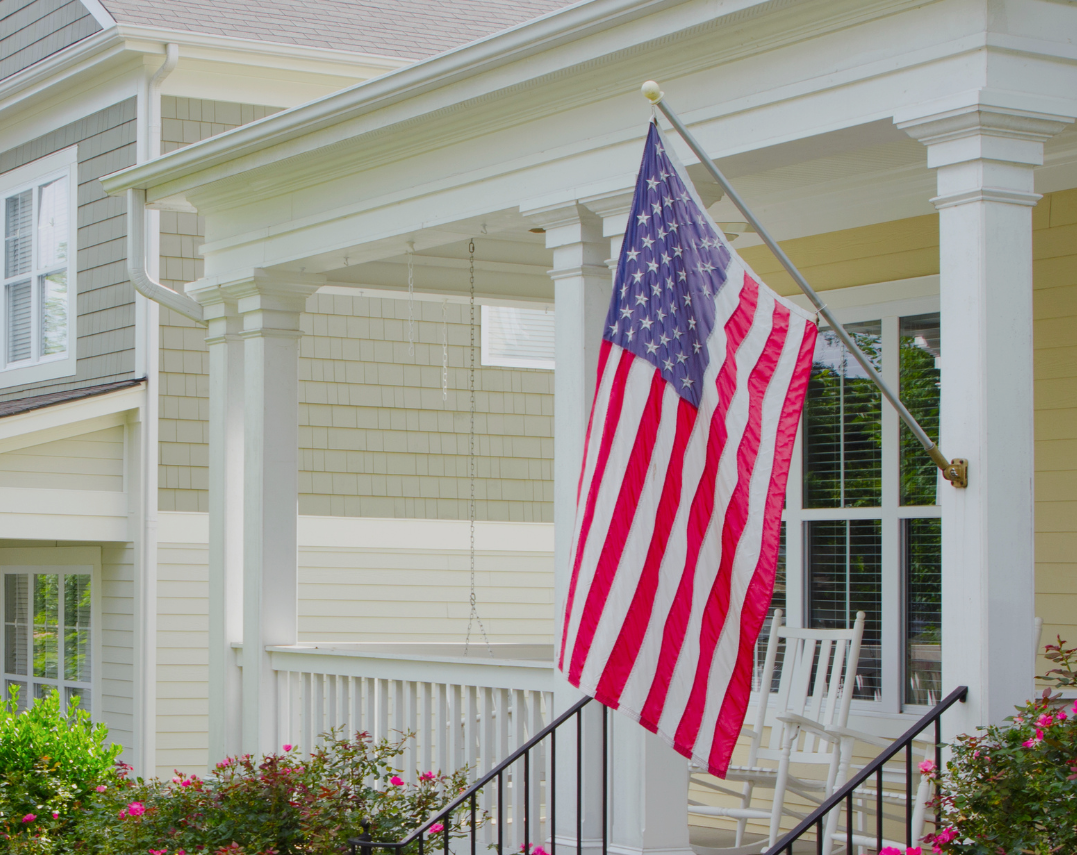With the upcoming presidential election around the corner, it’s natural to wonder how it might affect the housing market. You’re not alone—this is a common concern for both buyers and sellers during election years. While elections create some uncertainty, the good news is that historically, the impact on the housing market is typically minor and short-lived.
.
Election Year Trends in the Housing Market
Let’s take a look at what history tells us about housing trends during election years and what you can expect.
.
A Temporary Dip in Home Sales
According to the National Association of Realtors (NAR), home sales tend to experience a slight dip during election years, particularly in the month of November. Historically, existing home sales slow by about 15% during this time. This is likely due to a sense of uncertainty as voters await the election outcome.
However, the dip in activity is typically short-lived. Sales often bounce back in December or early in the following year once the election results are settled and stability returns to the market. In other words, any slowdown in sales tends to be temporary, and the market returns to its usual rhythm relatively fast.
.
Home Prices Remain Resilient
One reassuring aspect of election years is that home prices have consistently trended upward, even during times of political transition. Zillow’s research shows that, over the last 13 presidential election cycles, home prices have increased by an average of 6.1% over the course of each four-year presidential term.
While certain economic factors might slow price growth temporarily, the underlying demand for housing and the limited supply of homes for sale have helped keep prices on an upward trajectory. So if you’re concerned about a price drop in your home’s value due to the election, history suggests that prices will continue their steady climb.
.
Mortgage Rates May Dip
Another interesting trend to keep in mind is the effect elections have on mortgage rates. While election years can create some short-term volatility in financial markets, this often results in slight drops in mortgage rates. According to data from Freddie Mac, average mortgage rates have dipped by approximately 0.5% in the months leading up to the November election.
Although rates fluctuate for a variety of reasons, the uncertainty around an election can present a favorable opportunity for buyers to lock in a lower rate. If you’re planning to buy a home, keeping an eye on mortgage rates during this time could work in your favor.
.
What Does This Mean for Buyers and Sellers?
If you’re thinking about making a move, it’s important to remember that the housing market doesn’t grind to a halt during an election year. While there may be a temporary slowdown in home sales, the market usually rebounds quickly, and prices continue to rise over the long term.
.
For sellers, this means that waiting for the “perfect” post-election moment might not be necessary. Demand for housing typically remains strong, and any temporary slowdown is likely to be short-lived. If your home is well-positioned and priced correctly, it can still attract buyers regardless of the election cycle.
For buyers, the potential for a slight dip in mortgage rates could offer an opportunity to lock in a favorable rate. Plus, with fewer buyers actively looking during election season, you may face less competition and find a home that suits your needs.
.
Final Thoughts
Ultimately, the housing market is influenced by many factors well beyond the political landscape. While the election may cause a temporary pause for some buyers and sellers, historical trends show that the market remains resilient. If you’re thinking about making a move, it’s more important to focus on your personal situation, financial goals, and market conditions rather than waiting for post-election stability.
If you have questions about the current housing market or need advice on when to buy or sell, don’t hesitate to reach out. We’re here to help you navigate the market, election year or not.






